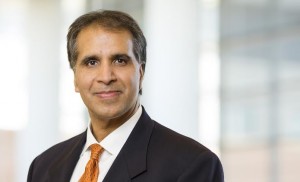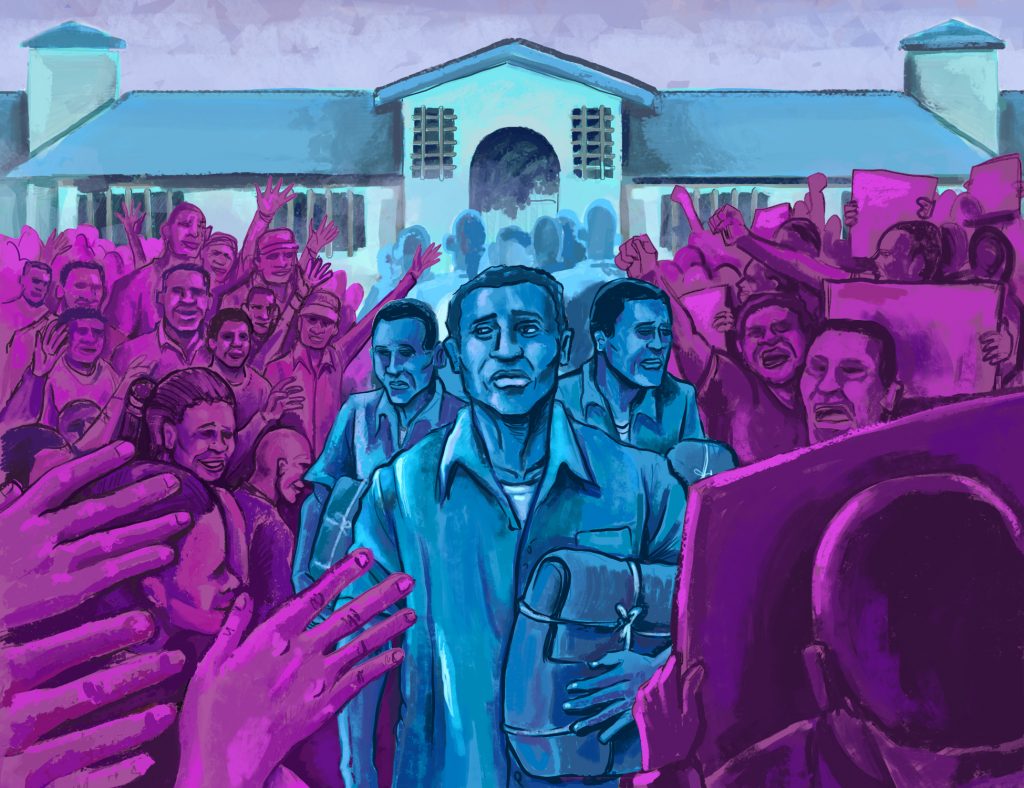Last month, amid news that thanks to smaller law school class sizes, the overall employment picture is looking brighter (even if artificially), we wondered if law school tuition cuts and freezes would be making a comeback. After all, law graduates are still being burdened by incredibly heavy debt loads.
The University of Hawaii William R. Richardson School Law recently decided to freeze its tuition until 2023. Has anyone followed suit? You betcha! Today, we have news that the University of South Carolina School of Law has slashed its tuition “significantly.” But just how significantly are we talking?
According to The State, a 17.3 percent tuition cut has been made for in-state students to compete with other state universities. Tuition for in-state students at South Carolina Law will be $5,100 cheaper next year — down to $24,508 from $29,608 — thanks to an infusion of cash from the state legislature.
Under [House budget committee chairman Murrell] Smith’s direction, S.C. lawmakers increased the state’s spending on the University of South Carolina by about $8 million this year, with an understanding that USC leaders would direct $1.9 million of it specifically to lower tuition at the law school where a number of state lawmakers got their degrees.
The new money brings USC’s in-state tuition in line with UNC, but still not as low as Georgia. Wilcox said he is most excited for current students who recently were notified their tuition bill would drop next year.
Smith, a 1993 USC Law graduate himself, paid less than $2,000 a semester to attend the school. “I literally could (work as a law) clerk during the school year and summer and pay my law school tuition,” he said. “I know those days are gone, but … we’re not doing our young people any favors by leaving them with enormous debt.”
Dean Robert Wilcox had this to say about the law school’s tuition cuts: “It’s probably the best news that a couple hundred law students have received in some time.”
Congratulations to all of the in-state students at South Carolina Law who will benefit from their cheaper tuition, and condolences to the school’s out-of-state students, who will still be getting hosed with a $54,502 cost of attendance.
Will other law schools step up to decrease or freeze tuition in an effort to assist their graduates with their future loan payments? We certainly hope so, but in the meantime, time is ticking and interest on current students’ loans is already piling up. The time to make a decision is now. Help your future graduates as much as you can.
In an era of rising college costs, USC’s law school is slashing tuition significantly [The State]
 Staci Zaretsky is a senior editor at Above the Law, where she’s worked since 2011. She’d love to hear from you, so please feel free to email her with any tips, questions, comments, or critiques. You can follow her on Twitter or connect with her on LinkedIn.
Staci Zaretsky is a senior editor at Above the Law, where she’s worked since 2011. She’d love to hear from you, so please feel free to email her with any tips, questions, comments, or critiques. You can follow her on Twitter or connect with her on LinkedIn.






 Vikram Amar is the Dean of the University of Illinois College of Law, where he also serves the Iwan Foundation Professor of Law. His primary fields of teaching and study are constitutional law, federal courts, and civil and criminal procedure. A fuller bio and CV can be found at
Vikram Amar is the Dean of the University of Illinois College of Law, where he also serves the Iwan Foundation Professor of Law. His primary fields of teaching and study are constitutional law, federal courts, and civil and criminal procedure. A fuller bio and CV can be found at 











